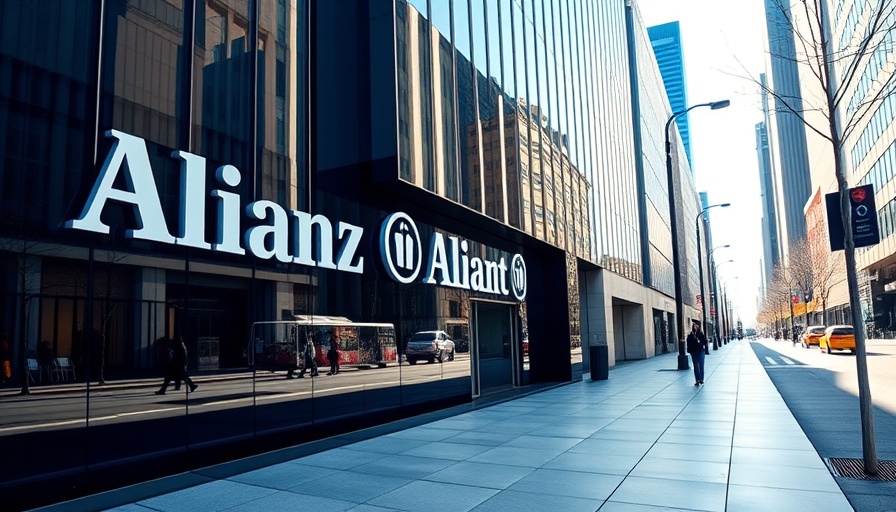
The Growing Challenge of Primary Care Shortages
In the United States, many communities face a significant shortage of primary care health professionals. This shortage is particularly pressing in rural areas and among specific demographic groups, such as low-income individuals and elderly populations. These Health Professional Shortage Areas (HPSAs) highlight a distressing imbalance in healthcare access, which can lead to delayed treatments, financial strain, and poorer overall health outcomes for those affected.
Understanding Health Professional Shortage Areas (HPSAs)
HPSAs are designated regions where the number of healthcare providers is insufficient to meet the population's healthcare needs. This designation not only identifies areas in dire need of additional support but also serves as a call to action for healthcare initiatives aimed at ensuring that every American has access to essential medical care. The designation includes various types of areas, including those focused on primary care, dental care, and mental health services.
The Human Impact: Stories of Those Affected
The shortage of primary care providers means that many elderly residents, who rely heavily on health services due to age-related conditions, face longer wait times and fewer options for care. For example, Joan, a retired teacher living in a rural community, often has to travel over 50 miles to see her doctor. This not only affects her health but adds stress and financial burdens, especially for those on fixed incomes like Medicare recipients.
Taking Steps Towards Solutions
Addressing the primary care shortage requires multi-faceted strategies, including incentivizing medical professionals to work in underserved regions and expanding telemedicine options. Additionally, policymakers must prioritize funding for training programs that prepare new healthcare workers to meet the needs of these vulnerable populations. As conversations around healthcare continue to evolve, it is crucial to emphasize equitable access to services for everyone, particularly for our elders relying on Medicare and Medicaid.
Conclusion
In sum, the issue of Health Professional Shortage Areas sheds light on a crucial aspect of our healthcare system that needs urgent attention. By prioritizing this matter and working collectively, we can pave the way for a healthier future, offering better care and support to our elderly population who deserve it.
 Add Row
Add Row  Add
Add 




Write A Comment